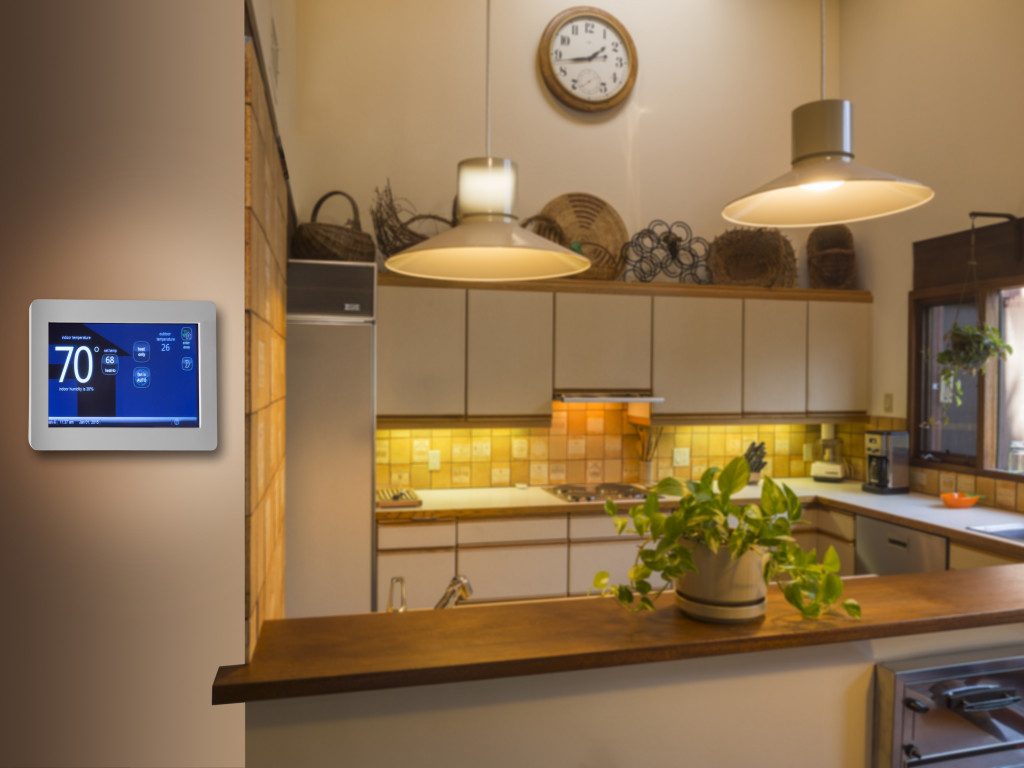Most homebuyers will have to go through an inspection before they can purchase a home, and there are a few things you can do to make the process a little smoother. Let’s take a look at some of the critical inspections that every property needs to go through.
Roof inspection
The inspector will be looking at the exterior of the home and checking for common problems such as peeling paint, rotted wood, and missing shingles. Inspection of the roof is also required to find issues like cracks or holes in shingles that may allow water into your house. If you notice any damage on the roof before you get the home inspection, let your inspector know.
Plumbing and water supply
The inspector will be checking the plumbing on the exterior of your home for any signs of rust or corrosion. They’ll also be looking to make sure there are no leaks in sinks, toilets, faucets, etc. If you notice any problems with your plumbing before you get the home inspection, let your inspector know.
Electrical system
The electrical system is often overlooked as an inspection problem-but it’s one of those things that can cost a fortune to have fixed. The examiner will be checking all safety receptacles and switches for proper operation. It’s a good idea to have a basic knowledge of electricity so that you can answer any questions the inspector might have regarding your wiring.
Heating and cooling systems
Inspectors will test all heating and cooling units to make sure they are working properly. Be mindful of the fact that during colder months, these inspections will most likely be occurring at a time when the systems are not in operation. Air conditioning units will most likely be off during the summer months as well, so keep this in mind if you plan on purchasing a home around these times of the year.
Foundation inspection
The foundation is one of the most important aspects of any building-if it’s not structurally sound then your house is in danger of collapse. Inspectors will be looking for signs of cracking, settlement, or leaks. They’ll also be checking for sinkholes in the area which can cause even more damage than your average foundation issue.
Fences and outbuildings
This inspection is important to ensure that any equipment attached to your home is structurally sound. Fences are important for privacy and security, but they can also contain dangerous materials or be in poor condition. Inspectors will check that the fence is structurally stable-and that it is properly anchored to the ground.
Termite inspection

Termites are often overlooked because they tend to do their damage underground- but having a termite inspection is important for ensuring your home is safe from these harmful insects. An inspector will be looking for any signs of infestation or damage, It’s also possible that you’ll have to pay an additional fee if you have wood siding on your exterior because it can be damaged by termite infestation.
Stormwater inspection
A stormwater pollution prevention plan is an important part of maintaining a property, and it’s something that all homebuyers should be aware of. Stormwater draining inspections are used to check for any pollutants that might be present on the property- and they’re also used to ensure that the property complies with all local and state regulations.
Exterior building structure
Inspectors will be looking for any signs of damage, sagging, or leaning that your exterior buildings may have. Some common issues they’ll look for are brickwork, paint peeling from wooden doors and windowsills, and broken support beams on a front porch or awning.
Roof, gutters, and downspouts
The roof is one of the most important aspects of your exterior because it protects your home from damage due to weather. Inspectors will check that all shingles are installed correctly- and they’ll also make sure there are no holes or leaks in any part of the roof. They’ll check that the gutters are clean and free of leaves or debris-and they’ll be checking that downspouts don’t have any cracks or holes which would increase the chances of water damage to your exterior.
Roof drainage
Inspectors will test how well your roof drains to make sure there is no pooling of water on the exterior. This can lead to the growth of mold, leakage inside your house, and other common issues which can become expensive if they aren’t caught early.
Conclusion
If you plan to sell or purchase a home, then it’s likely that an inspector will be looking at the exterior of your property. It’s important to know what they’re checking for during these inspections so that you can address any potential issues before closing on the sale.
